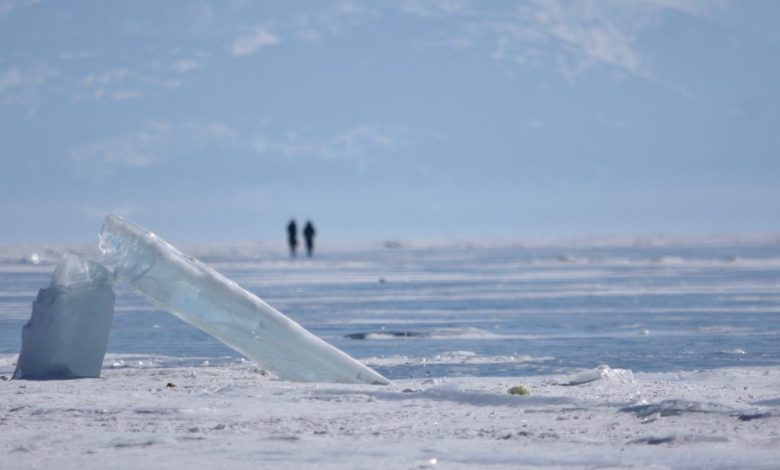The “zombie virus” frozen under the Siberian Sea has been revived by scientists

The thawing of ancient permafrost due to climate change could pose a new threat to humans, according to researchers who have revived nearly two dozen viruses – including one that was frozen under a lake more than 48,500 years ago.
European researchers examined ancient samples collected from permafrost in the Siberian region of Russia. They revived and characterized 13 new pathogens, which they dubbed “zombie viruses,” and found that they remained contagious despite being trapped in frozen ground for many millennia.
Scientists have long warned that thawing permafrost due to warming atmosphere will exacerbate climate change by releasing previously trapped greenhouse gases like methane. But its effect on dormant pathogens is less well understood.
The research team from Russia, Germany and France said the biological risk of resuscitation of the viruses they studied was “completely negligible” because of the strains they targeted, mainly those that can infect amoeba microbes. The potential resurgence of a virus that could infect animals or humans is much more problematic, they said, warning that their work can be extrapolated to show the danger is real.
“It is therefore likely that ancient permafrost releases these unknown viruses upon thawing,” they wrote in a paper published in the preprint repository bioRxiv, which has not yet been peer-reviewed. “How long these viruses might remain infectious when exposed to outdoor conditions, and how likely they are to encounter and infect a suitable host in the meantime, is still impossible to estimate.”
“But the risk associated with global warming will increase as permafrost thaw accelerates further and more people populate the Arctic for industrial ventures,” they said.
Our new weekly Impact Report newsletter will examine how ESG news and trends are shaping the roles and responsibilities of today’s leaders – and how best to address these challenges. Subscribe here.



